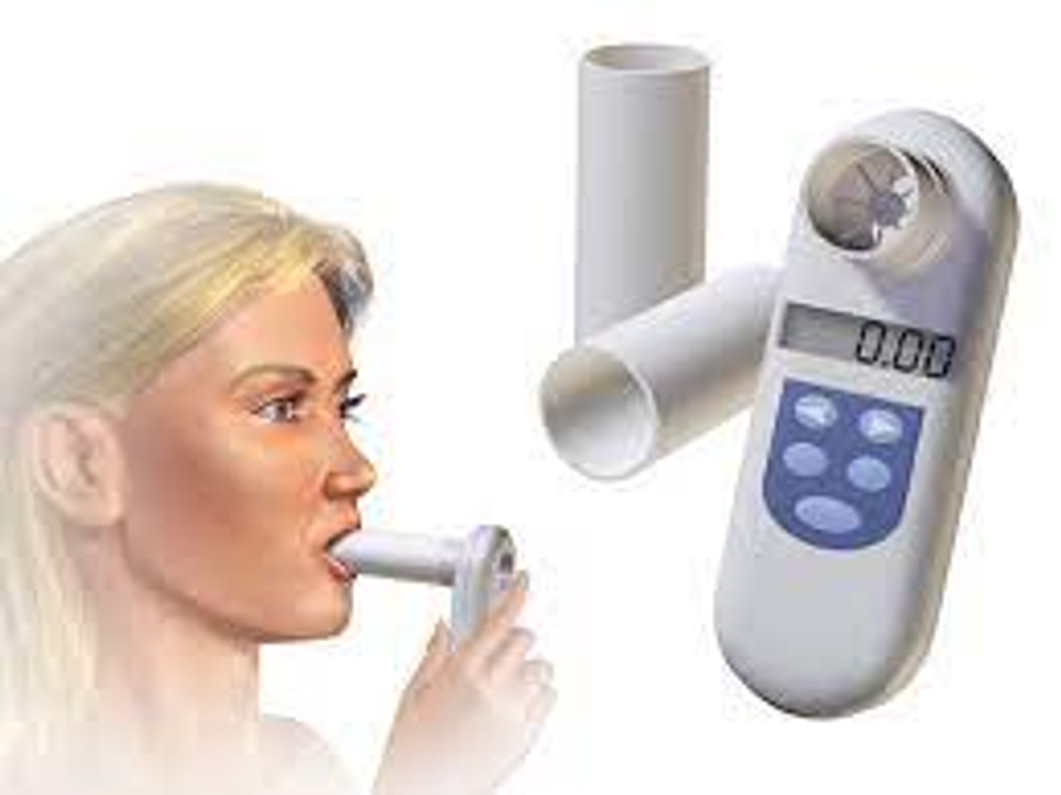The Vital Role of Spirometers in Monitoring Lung Health
Maintaining healthy lungs is paramount for overall well-being, yet many individuals underestimate the importance of monitoring lung function regularly. Fortunately, there are such products as spirometers, which play a pivotal role in assessing and managing pulmonary conditions like asthma, chronic obstructive pulmonary disease (COPD), and cystic fibrosis.
Spirometers are sophisticated devices designed to measure lung capacity and airflow. By analyzing the volume of air expelled, spirometers provide crucial insights into lung function. This information is invaluable for healthcare professionals in several ways.
First and foremost, spirometers aid in the diagnosis of respiratory conditions. For individuals with asthma, spirometry can reveal signs of airway obstruction and assess the severity of the condition. Similarly, in COPD patients, spirometry helps differentiate between chronic bronchitis and emphysema, guiding appropriate treatment strategies. Furthermore, in cystic fibrosis, spirometry assists in monitoring lung function decline over time.
Moreover, spirometry enables healthcare professionals to formulate personalized treatment plans tailored to each patient's unique needs. By identifying baseline lung function and tracking changes over time, clinicians can prescribe medications, therapies, and lifestyle modifications aimed at optimizing respiratory health. For instance, asthma patients may receive bronchodilators or corticosteroids to manage symptoms, while COPD patients might benefit from pulmonary rehabilitation programs.
Additionally, spirometry serves as a valuable tool for monitoring disease progression and evaluating the effectiveness of interventions. Regular spirometric assessments allow healthcare professionals to track changes in lung function, enabling early detection of worsening symptoms or complications. This proactive approach facilitates timely adjustments to treatment plans, minimizing the risk of exacerbations and improving long-term outcomes.
Furthermore, spirometry plays a crucial role in research and clinical trials aimed at developing new treatments and interventions for respiratory conditions. By providing objective measures of lung function, spirometers help researchers evaluate the efficacy and safety of experimental therapies, ultimately advancing our understanding and management of pulmonary diseases.
Lastly, spirometers are indispensable tools in the management of respiratory conditions such as asthma, COPD, and cystic fibrosis. By accurately measuring lung capacity and airflow, spirometry enables healthcare professionals to diagnose conditions, formulate personalized treatment plans, monitor disease progression, and evaluate the effectiveness of interventions. Investing in regular spirometric assessments is essential for maintaining optimal lung health and improving the quality of life for individuals with pulmonary conditions.
Recent Posts
-
What to Expect During Hand Therapy: A Guide for Patients and Caregivers
If you’re starting hand therapy—whether after surgery, a stroke, or a neurological …Apr 6th 2025 -
Improve Hand Function and Dexterity with the Neofect Smart Pegboard
The Neofect Smart Pegboard is a revolutionary tool in the field of occupational therapy. I …Mar 25th 2025 -
Overcoming Challenges in Sports Medicine Clinics: Tips for Success
Running a sports medicine clinic presents unique challenges that require a balance of clinical exper …Dec 2nd 2024




